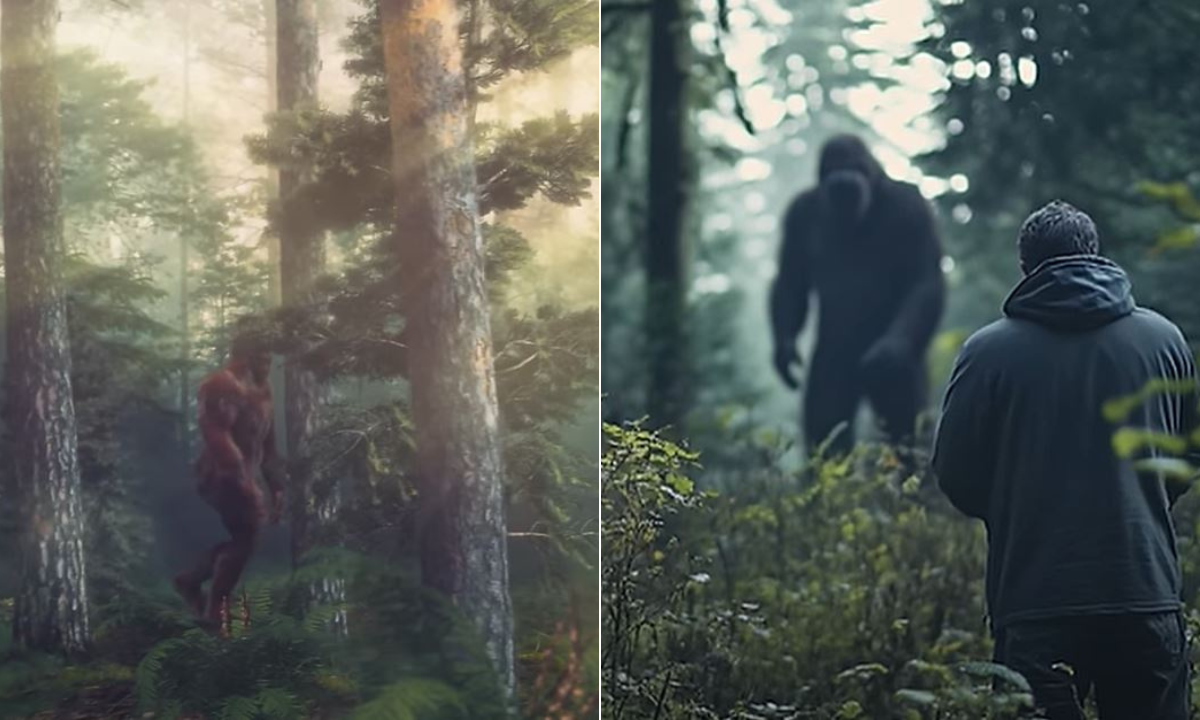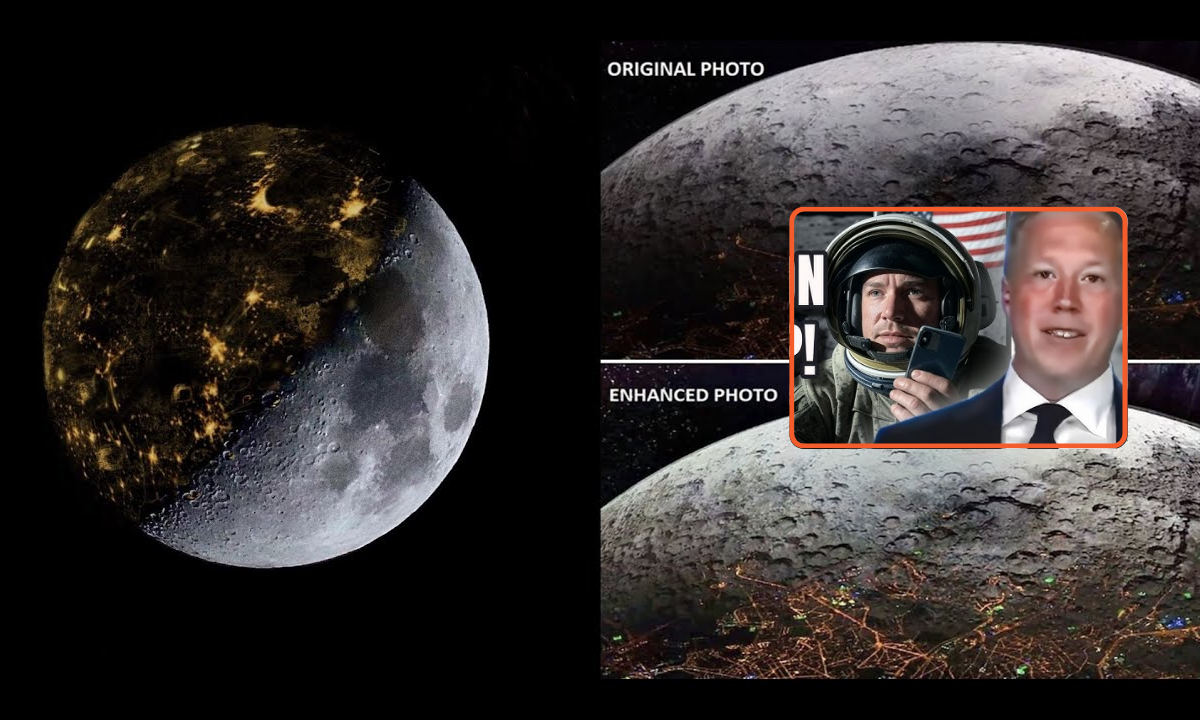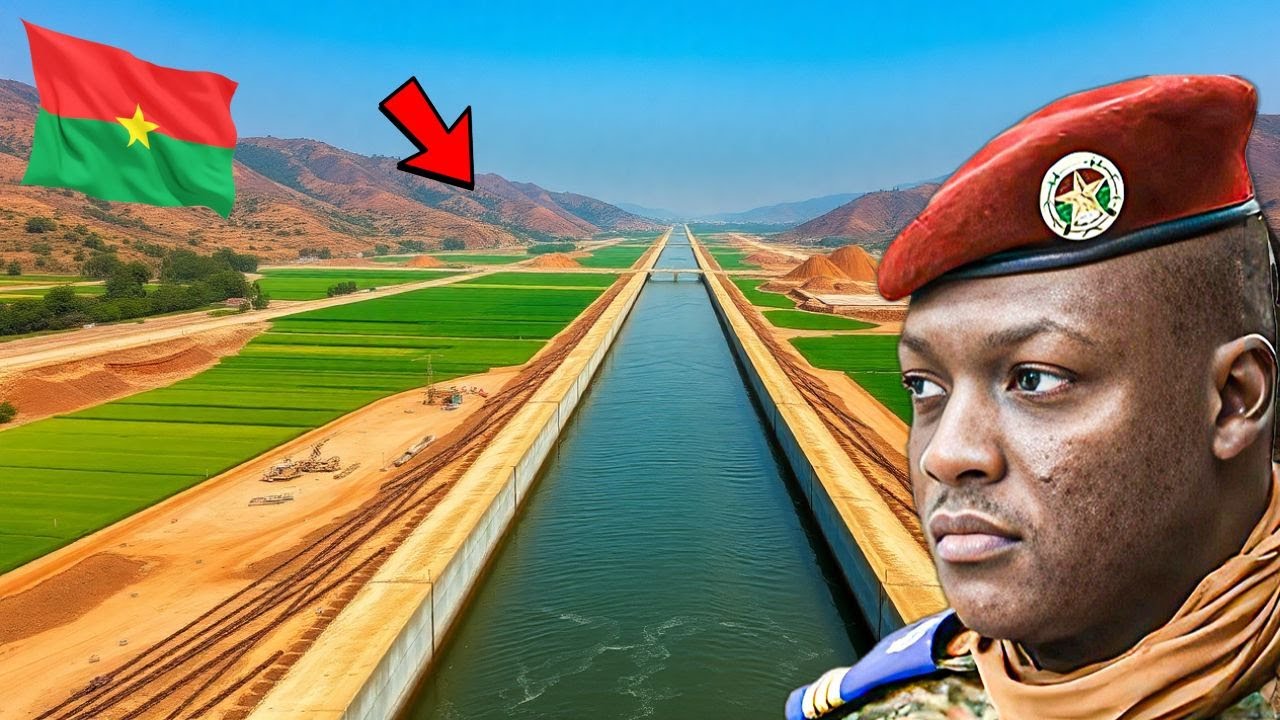**Burkina Faso: A Bold New Dawn for Africa’s Transformation**

In a stunning turn of events, Burkina Faso is shaking off years of hardship and stepping into the spotlight as a beacon of hope and resilience in West Africa. Under the dynamic leadership of Captain Ibrahim Traoré, this landlocked nation is not merely surviving; it’s undergoing a remarkable transformation that promises to redefine its future. With a series of ambitious projects aimed at sustainable development, Burkina Faso is emerging as a model for self-reliance and innovation in a region often overshadowed by conflict and economic struggles.
For decades, Burkina Faso has been viewed through a lens of adversity—political unrest, security threats, and limited resources have plagued its progress. However, the tides are changing. The government is embracing a bold vision that prioritizes renewable energy, infrastructure development, and educational reform, effectively rewriting its narrative from one of despair to one of empowerment.
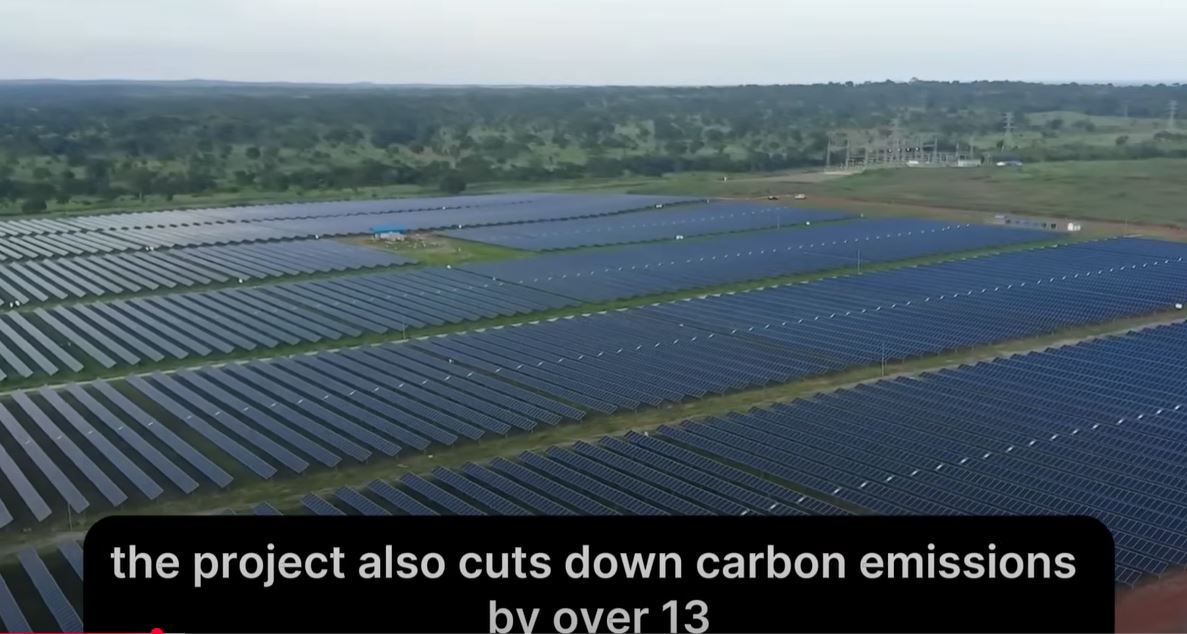
At the heart of this revolution is the groundbreaking Zena solar power plant, which officially came online in May 2024. With a capacity of 26.6 megawatts, this facility is set to illuminate the lives of over 43,000 people in rural Burkina Faso, a region where only 20% of the population has reliable access to electricity. This public-private partnership between the Burkinab government and UAE-based Amy Power exemplifies the power of global cooperation in addressing local challenges. Beyond providing clean energy, the Zena plant is also projected to reduce carbon emissions by over 13,200 tons annually, marking a significant stride towards environmental sustainability.
But the transformation doesn’t stop there. The government is revitalizing critical infrastructure through the rehabilitation of the Abidjan-Wagadugu-Kaya railway, a vital trade artery that connects Burkina Faso to the coastal markets of Côte d’Ivoire. With an investment of over $53 million set to begin in 2026, the project aims to modernize the railway system, enhancing safety and efficiency for both cargo and passenger transport. This renewed connectivity is crucial for reducing transport costs and improving food security, allowing local farmers and businesses to thrive.
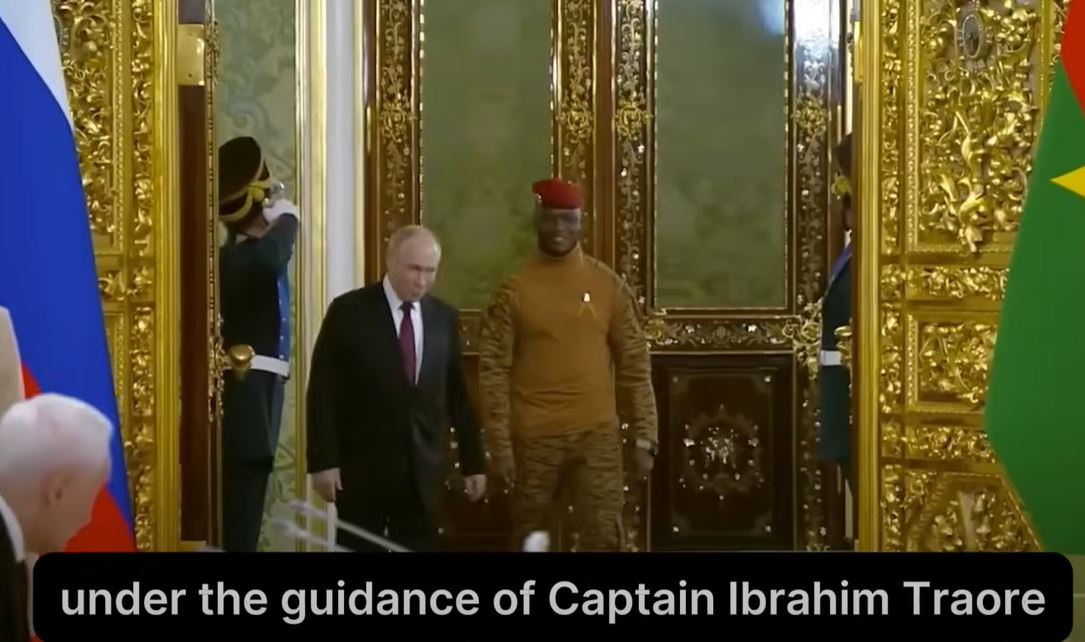
Education, the backbone of any thriving society, is also receiving a much-needed overhaul. The Repair Project, a multi-million dollar initiative backed by the World Bank, aims to restore and modernize the education system in a nation grappling with internal displacement and security threats. With a focus on expanding access to education and improving the quality of learning, this project is paving the way for a brighter future for Burkina Faso’s youth. Innovative solutions such as mobile classrooms and bilingual instruction are ensuring that no child is left behind, even in the face of adversity.
As the nation invests in its social fabric, it is also taking bold steps to reclaim its natural wealth. With rich deposits of gold, Burkina Faso has long been a key player in West Africa’s mining industry. However, the benefits have often flowed overseas, leaving local communities underserved. Under Traoré’s leadership, the government is nationalizing key mining operations, ensuring that the profits benefit the Burkinab people first. By renegotiating contracts with foreign firms and formalizing small-scale mining, Burkina Faso is not just extracting resources; it’s laying the groundwork for economic sovereignty and job creation.
Yet, none of these ambitious reforms would be possible without addressing the pressing issue of security. For years, Burkina Faso has faced violent extremism, leading to the displacement of millions. Traoré’s government has implemented a homegrown strategy to restore peace, empowering local communities through the Volunteers for the Defense of the Homeland program. By training civilian auxiliaries to support the National Army, the government is fostering a sense of ownership and resilience among its citizens, gradually restoring confidence in the state.
At just 37 years old, Captain Ibrahim Traoré embodies a new generation of leadership in Africa. Drawing inspiration from the legacy of Thomas Sankara, he is championing a vision of self-reliance and dignity for his nation. While critics may question his methods, one undeniable truth remains: Burkina Faso is changing, and it’s doing so on its own terms.
As the world watches, Burkina Faso is sending a powerful message: it is no longer defined by its struggles but by its determination to rise. With every solar panel installed, every train that rolls into Kaya, and every child who returns to school, this nation is crafting a narrative of hope and resilience. Burkina Faso is not waiting for help; it is taking action, lighting its homes, training its defenders, and reclaiming its gold. This is not just a story of survival; it is a story of a nation in motion, ready to embrace its future with courage and conviction.


